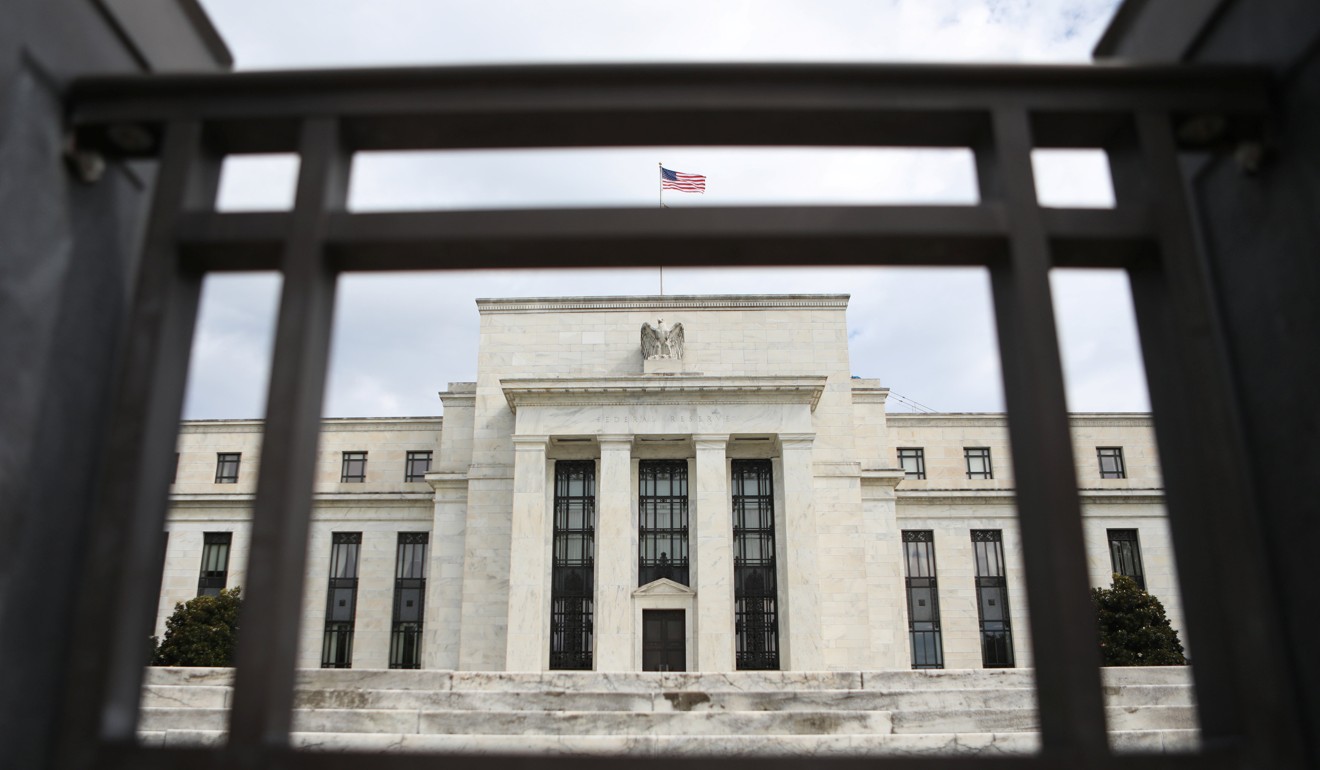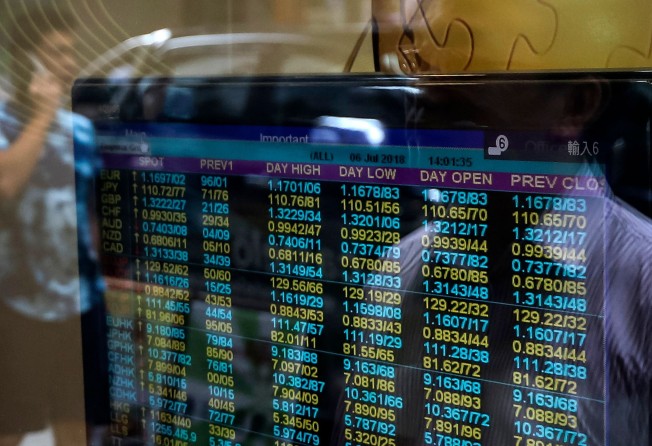
Turnover down for third day as capital outflow concerns continue to weigh on Hong Kong stocks

Trading on the Hong Kong stock exchange continued to be lacklustre on Thursday, with turnover down for a third straight day as investor concern over capital outflows amid expectations of interest rate increases refused to go away.
The turnover on the main board touched HK$79 billion (US$10.06 billion), 17 per cent lower than Monday’s HK$95.7 billion. This figure has stayed below HK$100 billion in the past six sessions –
in the first seven months of the year, the average daily turnover was HK$121 billion.
“It’s very likely the [US] Federal Reserve will increase rates again next month,” said Conita Hung, director of investment strategy at Gransing Securities. “The chance is high that Hong Kong will follow suit. If Hong Kong doesn’t, the widening interest difference will further increase capital outflow pressure, which in turn will weigh on the stock market.”
Hung said another uncertainty was any potential response by China to US tariffs on US$200 billion worth of Chinese goods next month, which might further weaken the yuan or trigger tit-for-tat tariff measures.
Capital outflows have accelerated this month, and the Hong Kong Monetary Authority – the city’s de facto central bank – has had to intervene in the currency market on eight occasions to defend the local currency after the Hong Kong dollar hit the 7.85 level, the weak end of its peg to the US dollar. Its intervention has resulted in a reduction in the city’s aggregate balance, which measures the liquidity of the banking system, to its lowest level since 2008.

In Hong Kong, the Hang Seng Index ended lower for the first time in three days, down by 0.9 per cent to close at 28,164.05. The Hang Seng China Enterprises Index, which tracks Hong Kong-listed Chinese companies, was down by 1 per cent at 10,967.61.
Hang Lung Property and Geely Auto were the top two percentage losers among blue chip stocks, down by 2.5 per cent and 2.1 per cent, respectively.
Chinese social media and gaming giant Tencent fell for a second straight day, down by 0.9 per cent to HK$357.40. Smartphone components supplier AAC Technologies erased 1.9 per cent to HK$84.30.
On the mainland, stocks dropped the most in about two weeks on Thursday. The Shanghai Composite Index fell by 1.1 per cent to close at 2,737.74, the large-cap CSI300 shed 1.1 per cent to 3,351.09 and the Shenzhen Component Index lost 1.5 per cent to 8,552.80.
The combined turnover for the Shanghai and Shenzhen markets stood at 253.5 billion yuan (US$37.1 billion), up 3 per cent from Wednesday.
Technology and telecoms stocks were weak. Hengtong Optic-Electric tumbled 5.3 per cent to 23.94 yuan, China United Network Communications dropped 3 per cent to 5.72 yuan and China National Software & Service lost 2.1 per cent to 29.65 yuan.